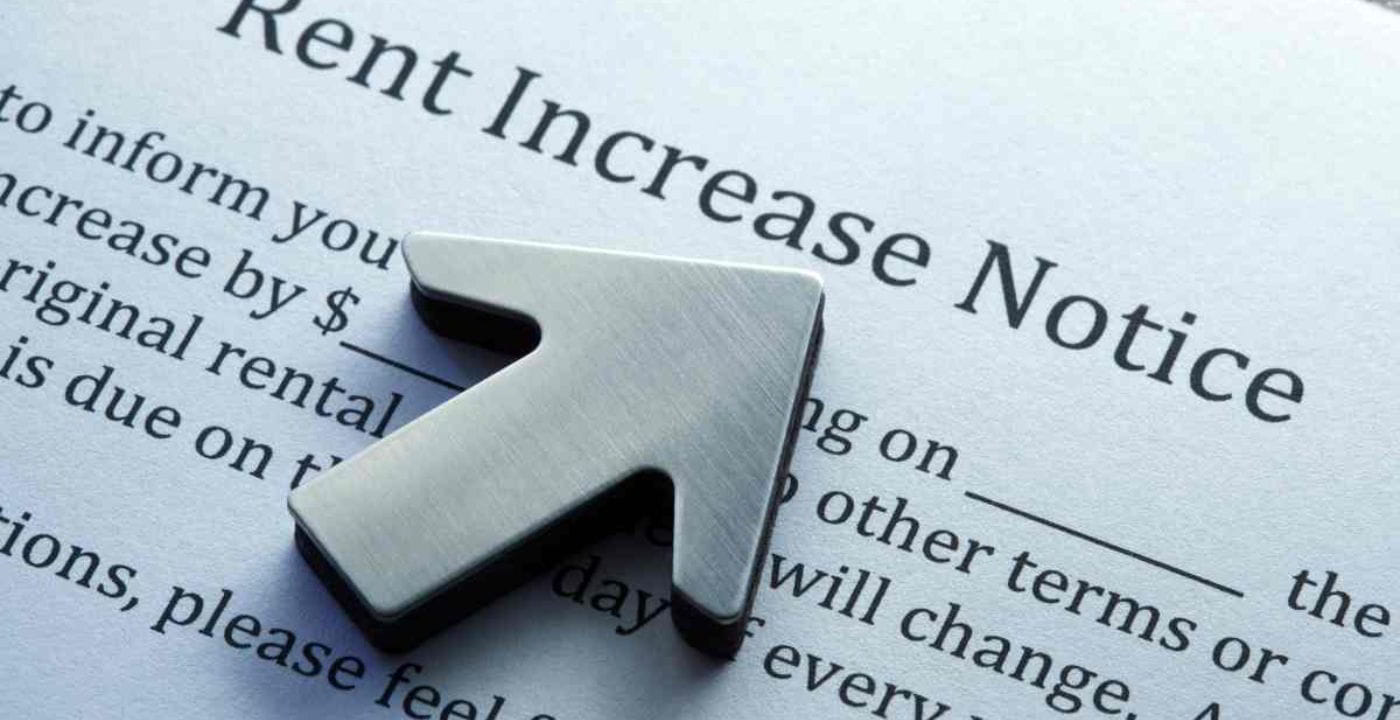
As a landlord, it is important for you to keep your rent at a level that enables you to make the most of your property, but with all the recent rises in interest rates, what is a reasonable rent increase in the UK today?
Key Takeaways
Too much to read? We understand! Here are the key points:- In most cases, a landlord can increase rent once per year.
- You cannot increase rent above a fair market value.
- At least one month’s notice is needed for a rent increase (six months for fixed-term tenancies).
- Reasonable communication with your tenant will make any rent increase an easier and smoother experience.
- Make sure you are up-to-date with your property maintenance and EPC requirements before increasing rent.
How Often Can You Increase Rent in the UK?
When you can increase the rent on your property will be determined by your tenancy agreement, consequently, it is often a good idea to state when a periodic rent review will take place as part of the tenancy agreement.
If you have a fixed-term tenancy, then you can only increase the rent once the fixed-term ends or if the tenant agrees. Many rental tenancies begin as fixed-term, often for six months or a year, and then either initiate a second fixed-term upon completion, or convert to a periodic or “rolling” tenancy.
If your tenancy is on a periodic basis, then unless otherwise stipulated in the agreement, you can typically increase the rent no more than once per year.
If there is no rent review clause in the tenancy agreement then it may be necessary to use a “Landlord’s notice proposing a new rent” form, more commonly known as a Section 13 notice. Again, though, this can only be considered once per year.
How Much Notice is Needed for a Rent Increase?

The minimum notice for a rent increase in the UK is one month. This applies if the tenancy is on a periodic basis, whether the rent is due weekly or monthly.
For fixed-term tenancies, six months notice must be given before the end of the fixed-term that the rent will increase.
If a Section 13 notice is being used, then the notice period is stipulated as one month.
In all cases, the rent increase must be given in writing (emails and other logged electronic communication should be fine), and will start on the next applicable payment date. If the rent is typically paid on the first of each month, for example, then a notice provided during May would come into effect for the payment due on the 1st July.
What is a Fair Rent Increase in the UK Today?
Perhaps the most important consideration is how much a landlord can increase the rent. There are a few factors to take into account when determining a fair rent increase as follows:
Current Fair Market Value
It is important to keep the rental for your property in line with other similar properties in the area. For example, if two-bedroom flats in the area are typically £800 per month, then trying to raise the rent of your two-bedroom flat to £1000 would be unreasonable.
Pushing the rent too high will ultimately lead to unhappy tenants who are likely to move, leaving your property empty. With the high rent level, it will also be harder to secure new tenants, meaning the property will remain vacant for some time. In this example, a single month with no tenants will be more costly than the potential profit from five months at the high rent.
The Valuation Office Agency Fair Rent
There is a legal maximum rent for registered properties that is set by the Valuation Office Agency (VOA). If your property is not registered then you, or your tenants, may ask for this independent review of the rent through the form available on the gov.uk website.
If you have set your rent higher than the VOA fair rent, then it can be challenged by your tenants and you will have to lower it accordingly.
A re-evaluation of the VOA fair rent can be undertaken every two years or if you make major alterations to the property (such as significant repairs or improvements).
Inflation and Your Outgoings
Inflation in the UK is currently high and has gone through a period of considerable turmoil. Rents across the country have increased as have mortgage repayments and other costs. These significant changes in the economy mean that increasing your rent to keep on top of your mortgage is an important factor in your budgeting.
However, the rent you can charge and your costs may not always line up and the rise of mortgage interest does not necessarily mean you can increase your rent to match. It is important to look at the current market fully before making any official declaration of a rent increase to your tenants.
For advice on how much you can increase your rent, contact MMC today.
Your Tenants’ Situation
If possible, it is always worth being conscious of your tenants with an understanding of their financial situation before making a rent increase. Communication with your tenants is key to making sure any rent increase goes smoothly.
While it is important to ensure your average rent increase per year matches the market trends, you may not want to push your tenants to leave your property – especially if they have been good, long term tenants. Raising the rent by too much could put too much squeeze on tenants and leave them in an uncomfortable position. This could leave your property empty for a prolonged period and cause more financial distress for you than a smaller rent increase.
Your tenants should never be allowed to dictate your rent, or hold you to ransom, but it is always worth considering their situation when increasing the rent.
What To Do if a Tenant Refuses to Pay the New Rent

One concern for every landlord is what to do if the tenant simply refuses to pay the increased rent.
The tenant has the right to refuse the increase and appeal to a tenancy tribunal to challenge the rent increase. If they do this, they will need to continue paying the current rent until a decision is made.
The reasons a tenant might succeed in such a challenge include:
- You tried to increase the rent above a fair value.
- You failed to provide written warning of the rent increase.
- The property has fallen into disrepair and you haven’t kept up with maintenance.
- You are failing to meet EPC energy guidelines.
Ultimately, if you and your tenant cannot reach an agreement (either with or without involving a tribunal) then the tenant will likely choose to move.
If a tenant and landlord cannot reach an agreement on rent, the tenant may decide to move on.
How MMC Can Help You With Your Rent Increase
At MMC, we have experienced personnel to liaise between you and your tenants to make the rent increase process as easy as possible. When we manage your property, both you and your tenants can be assured of a professional outlook that results in a fair rent increase with no unnecessary conflict.
For more information on our property management services, why not call us today?




